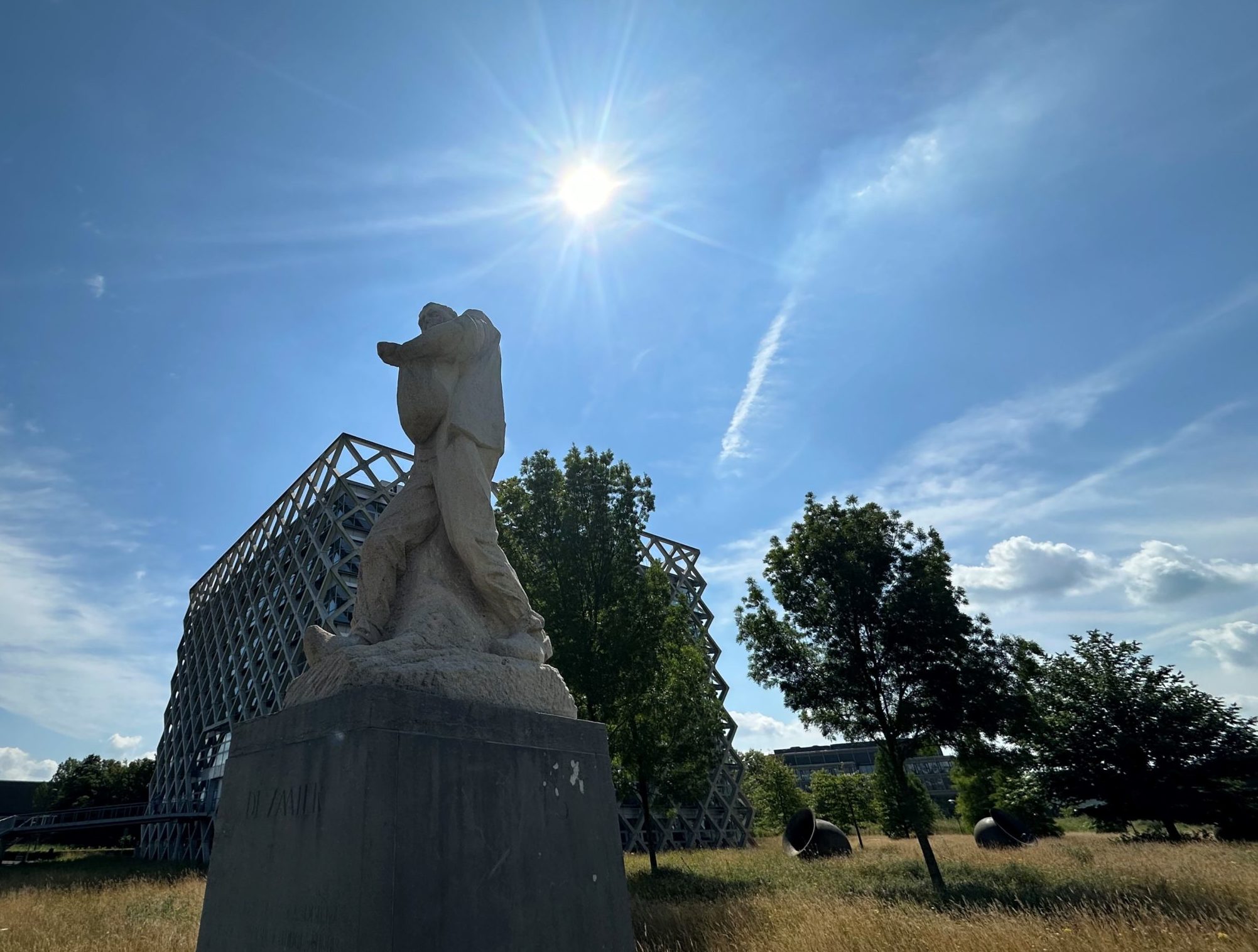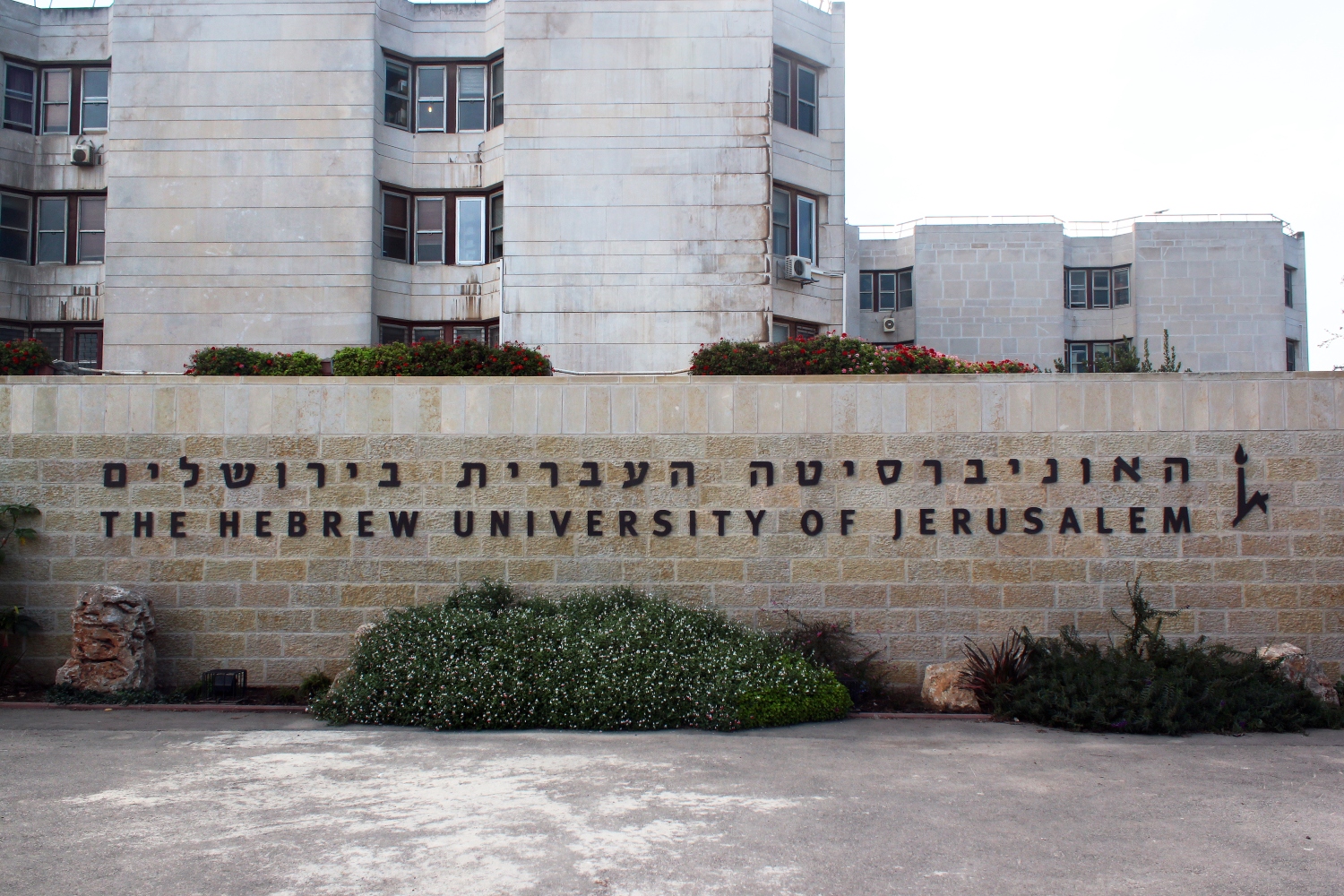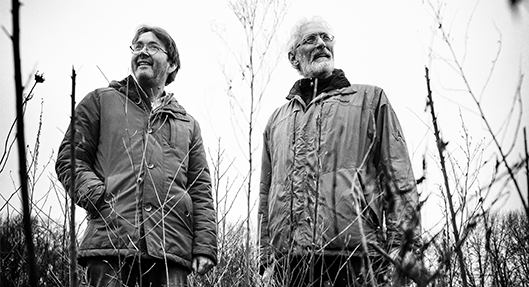Recently, the advisory group on fossil collaborations presented its advice regarding guidelines for future collaborations. Scientists4Future Wageningen acknowledges the efforts made by the committee to formulate guidelines for future collaborations. The proposed framework is transparent and highlights that WUR is aware of the tactics employed by the industry to delay the transition towards sustainability, as well as the negative consequences that our association with that industry may have for WUR and society at large. However, in the face of the upcoming decision of the Executive Board, we have a number of concerns which we would like to bring to your attention.
Firstly, under the proposed framework, WUR may continue to collaborate with companies known for lobbying against climate action and/or lacking commitment to the Paris Agreement if their contributions to the project in question amount to less than 30 per cent.
By allowing fossil companies to remain engaged with our university, albeit with a less sizable financial contribution, we still provide them with the moral license to operate they strive for, as universities are instrumental in their quest for societal support. Through collaborations with universities, fossil fuel companies publicly claim to work on a sustainable transition, yet in reality, they keep investing in fossil extraction, have scaled back their own ambitions on decarbonisation, and continue to lobby against the energy transition. If planned fossil fuel extraction projects are realised, we will exceed the global 1.5-degree carbon budget twofold. We are running out of time. By allowing fossil companies to remain engaged with our research if only their contributions are “minor”, we will keep enabling greenwashing tactics and climate delay, but for a smaller price to these organisations. In addition, we will allow them to shape the direction of our research.
By not preventing this type of collaboration, we may eventually see WUR itself get blacklisted by more responsible institutions and individuals. We therefore firmly believe that ‘red flags’ as established in the proposed framework – in particular, non-compliance with the Paris Agreement- should always imply that we do not engage in collaborations.
Second, Scientists4Future feels that it is unwise to allow science directors, and not a newly appointed Committee, the final say on whether or not collaborations are allowed despite ‘red flags’. The advice of a new Committee on fossil collaborations should be binding. In the first place, decisions affecting the organisation as a whole should not hinge on the responsibility of a single individual. Second, we may not expect individuals to oversee the systemic implications of their decision (collaborations that result in valuable research may, nevertheless, be problematic), and finally, individuals may have vested interests in allowing collaborations, such as financial reasons.
Furthermore, we have a number of suggestions regarding aspects that are not addressed by the current framework:
1. Direct and small (personal) funding, e.g. appointments of special professors or paid contributions to workshops/meetings, should also be addressed.
2. Specific agreements on PR should be included to prevent academic greenwashing.
3. Steps should be taken to limit the influence of the fossil fuel industry in education, including theses, ACTs, internships, and career markets.
4. A strategy is needed to determine what will happen with existing collaborations.
Scientists4Future is looking forward to the Executive Board addressing these concerns.
Scientists4Future
Anne-Juul Welsink, Ignas Heitkönig, Susanne van Donk, Cecilia Zagaria, Benedikt Haug, Martijn Duineveld, Chloé Tavernier, Chrysanthi Pachoulide, Edward Hákon Huijbens, Madelon Lohbeck, Lysanne Snijders, Helena Russello, Ana Aceska

 Foto Khamkeo Vilaysing/Unsplash
Foto Khamkeo Vilaysing/Unsplash 

